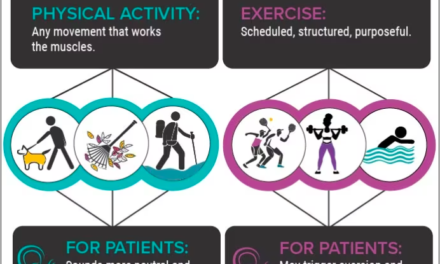
Hong Kong, January 25, 2024 — In a groundbreaking study involving over 37,000 individuals with type 2 diabetes, researchers have found that only 6% were able to achieve remission through weight loss. The study sheds light on the difficulties of maintaining long-term remission and emphasizes the critical role of significant weight loss in managing and potentially reversing type 2 diabetes.
Published on January 23 in the journal PLOS Medicine, the research conducted by Dr. Hongjian Wu and colleagues from the Chinese University of Hong Kong presents a comprehensive analysis of diabetes remission over an average follow-up period of 8 years.
According to the American Diabetes Association, type 2 diabetes remission is defined by a blood sugar reading “lower than 6.5% measured at least three months after” stopping drugs that lower blood sugar.
Among the key findings, the study revealed that achieving and sustaining remission is a formidable challenge. Two-thirds of those who initially achieved remission eventually became hyperglycemic again, highlighting the complexity of managing diabetes over the long term.
Dr. Sun Kim, Associate Professor of Endocrinology at Stanford Health, commented on the results, stating, “In some ways, it’s a little bit depressing. A lot of people couldn’t attain remission, but then a lot of people also couldn’t attain a significant degree of weight loss either.”
The study demonstrated a clear association between the amount of weight lost and the likelihood of achieving and maintaining remission. Individuals who lost 10% or more of their body weight within the first year of diagnosis were three times more likely to achieve remission. Conversely, those who lost less than 5% of their body weight had only a 34% increased likelihood of achieving remission.
Furthermore, the benefits of early and substantial weight loss extended to long-term maintenance of remission. Patients who lost 10% or more of their body weight had a 48% decreased risk of becoming hyperglycemic again, while those who lost between 5-9.9% saw a 22% decreased risk. In contrast, those who lost less than 5% had only a 10% decreased risk.
The study also highlighted the broader health implications of achieving remission. Patients who attained remission were at a 31% decreased risk of death over the duration of the follow-up period.
Dr. Peminda Cabandugama, a diabetes specialist at the Cleveland Clinic, emphasized that while the study provides valuable insights, there may be limitations in its global applicability due to the predominantly Hong Kong Chinese population under investigation.
In conclusion, the study reinforces the rarity of achieving type 2 diabetes remission through weight loss alone but underscores the importance of early and significant weight loss in managing the condition. Despite the challenges, the findings offer hope for those seeking to reverse the abnormalities of diabetes through lifestyle changes.
“The good news is that you can reverse some of the abnormalities of diabetes, especially early on. But a lot of that is associated with the amount of weight that you can lose,” said Dr. Sun Kim.











